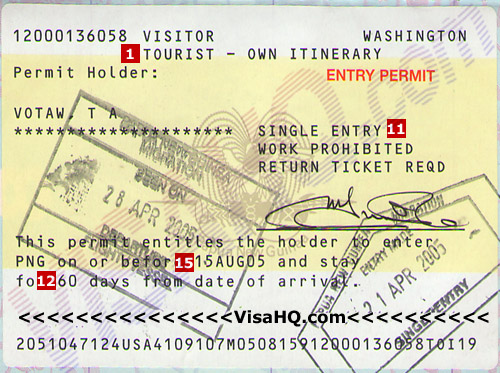Papua New Guinea Embassy list in Ireland
Need help?Chat with us
Why Trip Registration at the Papua New Guinea Embassy is Important
Registering your trip with the Papua New Guinea embassy is crucial for ensuring your safety while abroad. In the event of a natural disaster, such as an earthquake or flood, the embassy can quickly communicate your whereabouts and assist in evacuations. Similarly, during times of political unrest, having your information on file allows the embassy to provide timely alerts about dangerous situations and help secure safe passage. In cases of medical emergencies, embassy personnel can coordinate with local hospitals and arrange for medical aid or repatriation if needed. Overall, trip registration enhances safety, improves communication, and strengthens support systems, ensuring that Papua New Guinea nationals remain informed and protected during their travels.
Papua New Guinea Embassy FAQs
Can the Papua New Guinea embassy assist in legal issues abroad?
Yes, the embassy can provide general advice on legal matters, including referrals to local attorneys and guidance on navigating foreign legal systems.What should I do if I lose my Papua New Guinea passport in Ireland?
In the event of a lost passport, you should contact the Papua New Guinea embassy immediately to report the loss. They will guide you through the process of obtaining a replacement passport.Does the embassy offer assistance for families of individuals incarcerated abroad?
Yes, the embassy can provide support and guidance for families regarding the legal rights of Papua New Guinea citizens detained abroad.How can I contact the embassy in case of an emergency?
You can find the contact details for the embassy on their official website, which includes phone numbers and emergency contact procedures.
Services Provided by Papua New Guinea Embassies in Ireland
Passport Services
- Issuance of new passports
- Renewal of existing passports
- Lost passport replacement
Visa Issuance for Foreign Nationals
- Processing visa applications for visitors
- Providing necessary documentation guidance
Assistance in Legal or Medical Emergencies
- Support during legal issues
- Coordinating medical assistance
Travel Alerts and Safety Updates
- Disseminating travel warnings
- Keeping nationals informed of safety concerns
Support for Nationals Detained Abroad
- Assistance for detained nationals
- Liaison with legal representatives
Summarized Diplomatic Presence
Papua New Guinea maintains a significant diplomatic presence in Ireland through its embassy located in Dublin. This mission plays a vital role in fostering bilateral relations, promoting trade, and enhancing cultural exchanges between Papua New Guinea and Ireland. The embassy focuses on assisting Papua New Guinea nationals residing or visiting Ireland and acts as a channel for political and economic dialogue. Its functions are essential for ensuring the welfare of citizens abroad and strengthening international collaboration, with an emphasis on safety and support.
